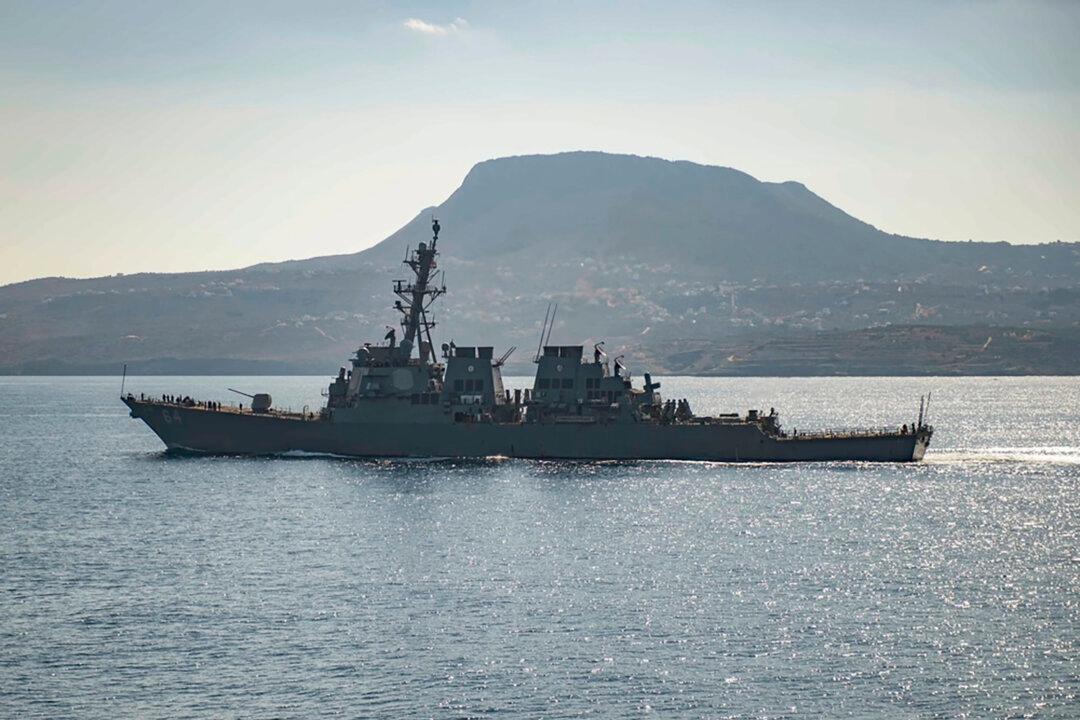Iran on Wednesday again warned the United States and its allies amid recent military moves in the region as the Israel–Hamas conflict continues.
In a statement, the Iranian Foreign Ministry said that the United States and Israel should not engage in “adventurism” that could expand their military presence in the Middle East.





